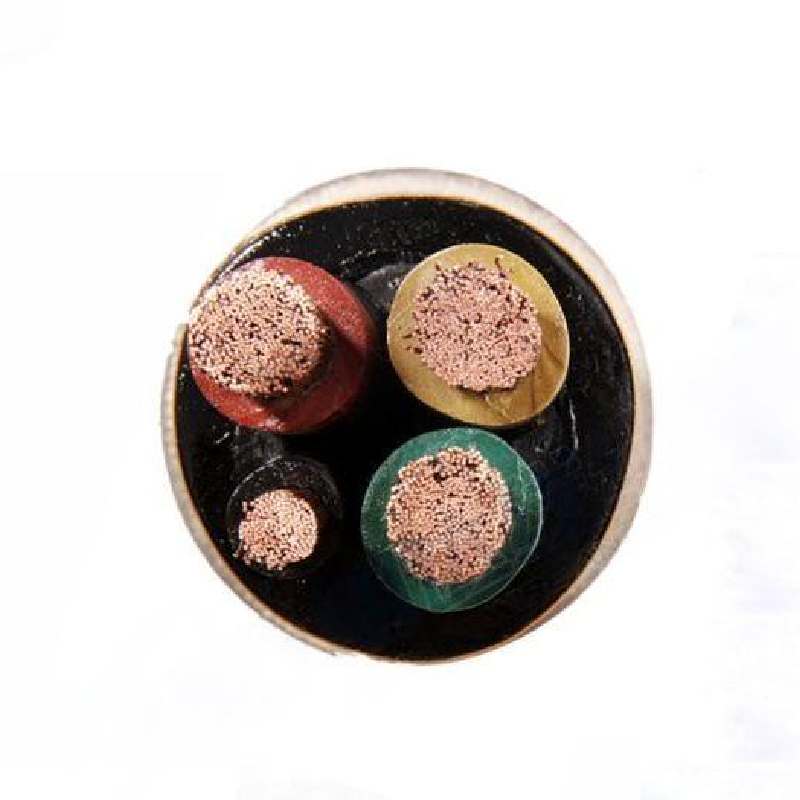ታኅሣ . 05, 2024 06:17 Back to list
Flanged Stainless Steel Ball Valve for Enhanced Durability and Performance
Understanding SS Ball Valve Flange Type A Comprehensive Overview
In the world of fluid control systems, ball valves are an essential component, widely recognized for their reliability and efficiency. Among the various types of ball valves, the SS (Stainless Steel) ball valve, particularly the flange type, has emerged as a popular choice in numerous industrial applications. This article aims to provide a detailed understanding of SS ball valves, emphasizing their flange type, advantages, applications, and maintenance.
What is an SS Ball Valve?
An SS ball valve is a valve mechanism that utilizes a spherical disc to control the flow of liquids or gases. The ball has a hole through its center, which, when aligned with the flow path, allows fluid to pass. Conversely, when the ball is rotated 90 degrees, it blocks the flow. Stainless steel is favored for these valves due to its excellent corrosion resistance, durability, and ability to withstand high pressures and temperatures.
Flange Type Ball Valve Explained
The flange type refers to the design feature of the ball valve where flanges are used to connect the valve to the piping system. Flanges are flat pieces with holes around the perimeter that allow for bolting the valve securely to the pipes. This design facilitates a robust connection, ensuring the integrity of the sealing surface and preventing leaks.
Flange connections are characterized by their ease of installation and maintenance. They allow for the disconnection of valves for servicing or replacement without significant disruption to the piping system. This characteristic makes flange type ball valves particularly suitable for large-scale industrial applications, where downtime must be minimized.
Advantages of SS Flange Type Ball Valves
1. Durability and Longevity Stainless steel is known for its strength and resistance to oxidation and corrosion, making SS flange type ball valves an enduring option for various environments, including those that handle aggressive fluids.
2. High Flow Rate The design of ball valves allows for high flow capacity with minimal pressure drop across the valve. This attribute is beneficial in systems where maintaining flow efficiency is critical.
3. Tight Sealing When closed, ball valves provide a tight seal, preventing leakage. The design of the ball and seat often ensures that minimal wear occurs over time, maintaining sealing integrity.
ss ball valve flange type

4. Ease of Operation Ball valves are designed for quick, quarter-turn operation. This feature is especially useful in situations requiring rapid shut-off or control.
5. Versatility SS flange type ball valves can be utilized in a wide range of applications, from water and gas pipelines to chemical processing, food and beverage production, and oil and gas industries. Their adaptability makes them invaluable in diverse sectors.
Applications of SS Flange Type Ball Valves
Due to their robust nature and performance features, SS flange type ball valves are commonly used in several industries, including
- Water Treatment Plants Handling various fluids with high efficiency and reliability. - Oil and Gas Sector Essential for controlling the flow of crude oil, natural gas, and refined products. - Chemical Processing Used for both on/off and throttling services, managing a variety of chemicals. - Food and Beverage Industry Ensuring hygiene and safety while managing products efficiently. - Pharmaceuticals Essential for maintaining sterile environments and meeting rigorous industry standards.
Maintenance and Care
While SS flange type ball valves are inherently durable, routine maintenance is necessary to ensure their longevity and optimal performance. This includes
- Regular Inspection Check for any signs of wear, leaks, or corrosion. - Cleaning Ensure that the valve and piping are free of debris and contaminants, especially in food or chemical applications. - Lubrication Apply lubricant to moving parts to prevent seizing and ensure smooth operation. - Testing Periodically check valve operation under simulated conditions to ensure they function as expected.
Conclusion
SS flange type ball valves stand out as reliable and efficient components in fluid control systems. Their advantages of durability, high flow rates, and ease of maintenance make them a preferred choice across multiple industries. Understanding their characteristics and applications can help stakeholders choose the right valve solutions, enhancing the efficiency and reliability of their operations. As industries continue to evolve, the importance of robust and efficient valve mechanisms like the SS flange type ball valve will only increase.
Share
-
Reliable Wafer Type Butterfly Valves for Every IndustryNewsJul.25,2025
-
Reliable Flow Control Begins with the Right Ball Check ValveNewsJul.25,2025
-
Precision Flow Control Starts with Quality ValvesNewsJul.25,2025
-
Industrial Flow Control ReliabilityNewsJul.25,2025
-
Engineered for Efficiency Gate Valves That Power Industrial PerformanceNewsJul.25,2025
-
Empowering Infrastructure Through Quality ManufacturingNewsJul.25,2025